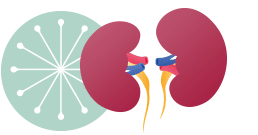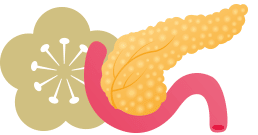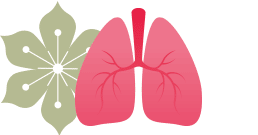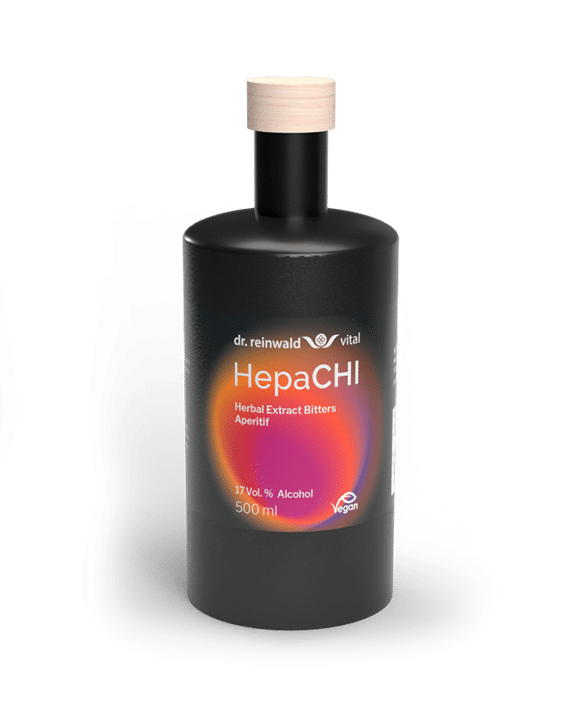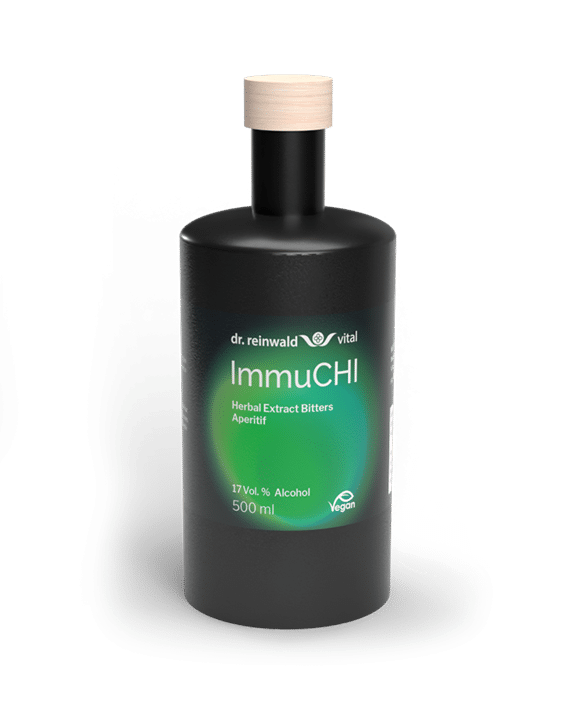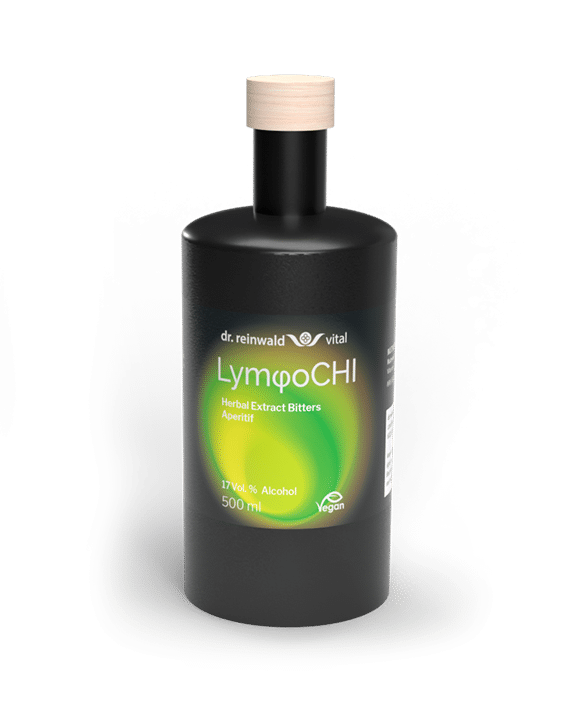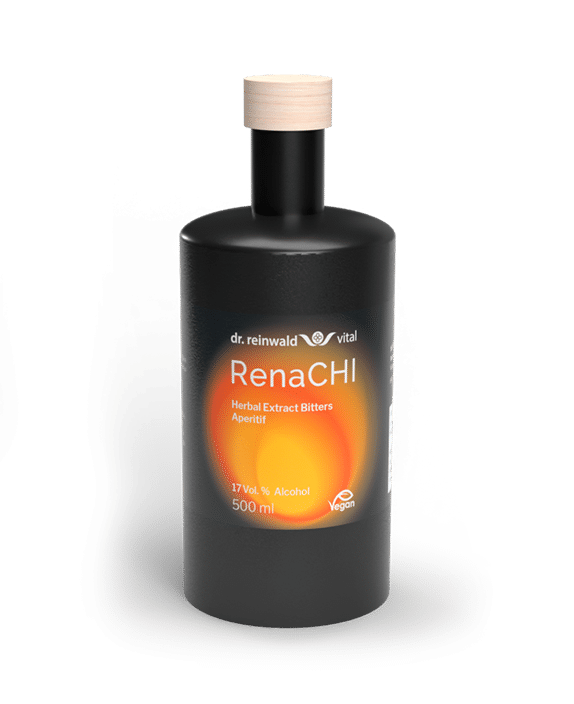The power of Qi – a life in health and balance
Do you know this too? Some days you feel energetic, powerful and full of life energy. And then there are those days when you are drained and feel like someone has pulled the plug on you? In Chinese, Qi or Ch’i refers to our life energy – that is, the energy that underlies and permeates everything. In traditional Chinese medicine, the free flow of Qi is the basis for our physical, mental and spiritual well-being. Stress, negative thoughts, one-sided nutrition or lack of exercise can disturb this flow.
Qi – everything in flow
In Traditional Chinese Medicine (TCM), Qi is also called the “power of heaven”. The term Qi or Ch’i originates from Chinese Daoism, the wisdom teachings of ancient China. Qi corresponds to the Indian term prana and refers to the active life energy that is the prerequisite for all living things. According to the holistic approach of TCM, Qi is not only the foundation for our physical health, but also the basis for our zest for life, ability to act, self-confidence and our charisma.
But where does Qi actually come from? We receive part of our life energy from our parents before birth. It is also called origin qi. There are many other forms of qi, including food qi and respiratory qi.
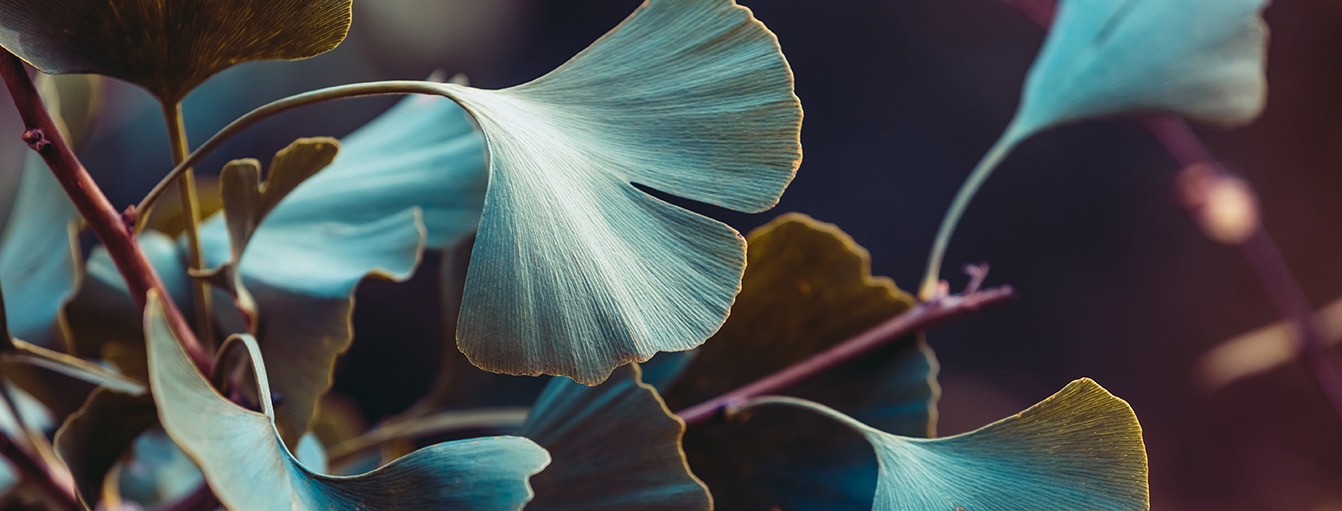
»All illness is related to the state of qi.«
Huang Di Nei Jing
(one of the oldest medical textbooks on the basics of TCM)
The law of balance
You can imagine the consumption of our life energy like the burning down of a candle. It is important that we are mindful and caring of our Qi and do not unnecessarily disturb the flow of energy through stress, negative thoughts or an unhealthy lifestyle.
In addition to qi, there are other central elements in TCM. These include the functional circles, the element theory, the transformation phases as well as Yin and Yang. Yin and Yang are the two forces that are inherent in every living being, all things and every event. Yin stands for the feminine, calmness, darkness and coldness, while yang embodies the masculine, activity, brightness and warmth. Yin and Yang are thus polar opposites and yet always related and connected to each other.
We are healthy when the Qi can flow undisturbed and Yin and Yang are in balance. A weakening, a blockage, but also too much Qi as well as an imbalance between Yin and Yang can make an organ or our whole organism ill. The aim of a TCM treatment is always to balance these disharmonies so that the Qi can flow freely again and the balance between Yin and Yang is restored.
The Functional Circles in TCM
In TCM, the term organ goes far beyond its purely anatomical meaning. Individual organs are never considered in isolation, but always in connection with the system as a whole. This is based on the assumption that all organs and all body functions always influence each other. In this context, the organs not only fulfil physical tasks, they also house the various emotional and mental forces that are reflected in our thinking, feeling and behaviour. The entire organ system (“Zang fu”) consists of individual functional circuits.
A distinction is made between five yin functional circuits (“zang”) and six yang functional circuits (“fu”). The yang functional circuits include the stomach, the small and large intestines, the bladder, the gall bladder and the triple warmer. The five yin functional circuits are considered the supporting pillars of TCM. Each of the functional circuits is connected to a main meridian through which the Qi flows through the body.
Functional circle kidney
Root of life energy
Our kidneys are of central importance in TCM. They are considered the carriers of the Jing, our life essence. They are therefore considered the “root of life energy”. The corresponding Yang organ is the bladder.
A deficiency of kidney yang can manifest itself in symptoms such as listlessness, tiredness, urination at night or excessive freezing. A kidney ying deficiency manifests itself, among other things, in insomnia, inner restlessness, memory problems or back pain. According to TCM, our willpower, courage and drive are also located in the kidneys, which is why an imbalance in kidney energy can also be the cause of burnout syndrome.
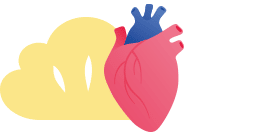
Functional circle heart
Home of the Shen
The functional circuit heart controls the circulation of our blood as well as other body fluids and it regulates our blood vessels. In order to have enough strength for these tasks, the heart needs sufficient Qi. According to TCM, the Shen is located in our heart, which is the spirit that directs our emotions, our mental feelings, our consciousness and subconsciousness. The corresponding Yang organ is the small intestine.
Signs of a weakened Shen can be concentration and sleep disorders, inner restlessness and a lack of joie de vivre, even depression.
Functional circle of the Centre
Spleen & Pancreas
In TCM, the spleen and pancreas, our pancreas, form a functional circle. Together with the stomach as the corresponding yang organ, they are the basis for our digestive power, i.e. the transformation of our food into qi and blood. Spleen and Pancreas are considered the pivot of the Qi flow, which is why they are also called “our centre”.
Numerous diseases can be traced back to a weakness of the spleen energy. A deficiency can show itself in digestive problems, food intolerances, allergies, varicose veins, concentration problems, lack of energy and fatigue, among other things. The functional circle of the centre is also responsible for an intact immune system.
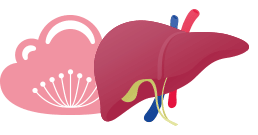
Functional circle liver
Well of vitality
In TCM, the liver is primarily responsible for the release and free development of Qi and the storage of blood. If the liver is doing well, the Qi, our blood and our emotions are also in flow. The corresponding Yang organ is the gallbladder.
When the liver is overloaded, TCM speaks of “liver heat”. If the liver energy is congested, anger or aggression can occur. Conversely, unexpressed anger can lead to disharmony in the functional circle of the liver. This can manifest itself in the form of headaches, anger, tension or high blood pressure. Menstrual problems or complaints also usually indicate an imbalance in the liver.
Functional circle lung
Mistress of Qi
The functional circuit of the lungs absorbs pure Qi from the air we breathe and excretes impure Qi. The lungs distribute the Qi in our body and are thus responsible for the entire Qi flow, which is why they are also considered the “master of Qi”. In our chest area, the pure respiratory Qi mixes with the nutritional Qi from the spleen. The corresponding Yang organ is the large intestine.
A blocked Lung-Qi can show itself especially through disturbances in the area of the respiratory organs, for example asthma bronchiale, chronic bronchitis, shortness of breath or susceptibility to infections. If the functional circle of the lungs is in harmony, our immune system is also intact.
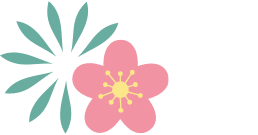
The five pillars of TCM –
(Traditional Chinese Medicine)
The goal in TCM is therefore to detect and eliminate blockages in the flow of life energy and imbalances. As part of the holistic treatment, various therapy methods are usually combined, the so-called “Five Pillars of Chinese Medicine”. In addition to acupuncture, forms of movement such as Tai Chin and Qi Gong, nutrition and certain forms of massage, herbal medicine is one of these pillars.
Herbal medicine
Herbal medicine is as old as mankind itself. For thousands of years, it has been an important part of the art of healing in all cultures.
In Chinese herbal medicine, mainly plant parts such as roots, barks, flowers and leaves, but also mineral and animal components are used. As a rule, different herbs and substances are combined with each other, according to the motto: the whole is more than the sum of its parts.
Herbal medicine also has a long tradition in our European culture. Hildegard von Bingen (1098-1179) probably comes to mind. Similar to TCM, the famous mystic developed a classification of European medicinal plants. In addition to herbal medicine, nutritional therapy, excretory procedures and gemstone therapy were essential aspects of her holistic art of healing. In her groundbreaking works, she compiled the knowledge of her time from the then known world.
No matter what cultural group – all approaches have one thing in common: they consider the human being as a whole, with the aim of healing, alleviating pain and strengthening and maintaining vitality through the support of plants.
Why do our Qi extracts contain alcohol?
In small quantities, alcohol not only has a positive influence on our nervous system, according to TCM it also gets our Qi flowing and promotes the absorption of the valuable bitter substances via our oral mucosa. In contrast to alcoholic drinks, the highly effective plant components in our herbal extract bitter aperitifs are so highly dosed that you only need a small amount every day. Of course, the motto “the dose makes the poison” also applies here.
